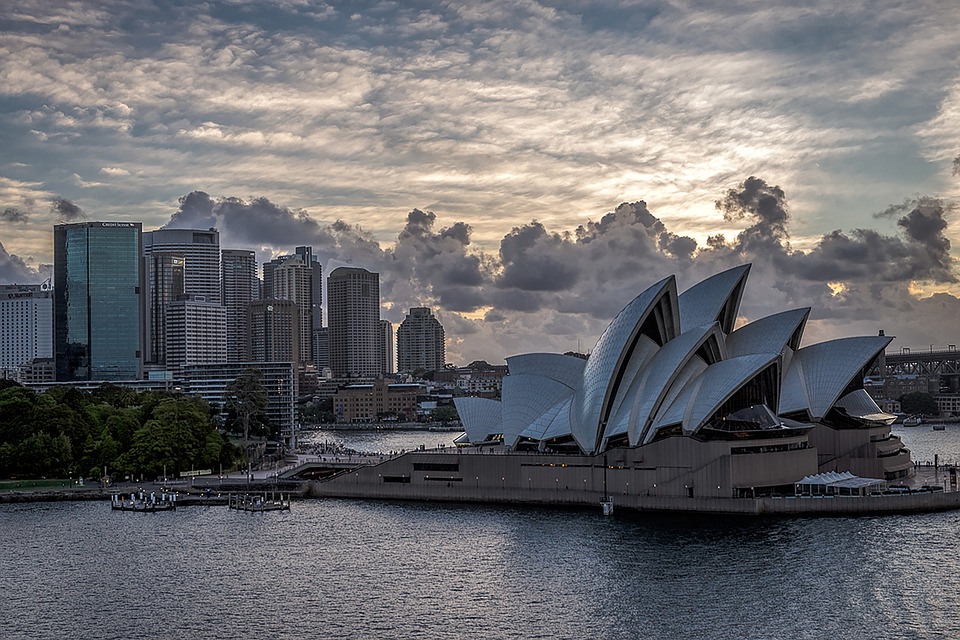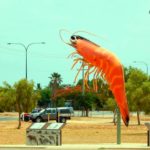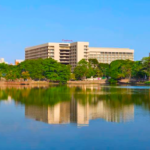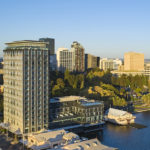
(TAN): Australia will install police checkpoints, use helicopters and impose fines to crack down on nonessential travel on Easter, in a bid to arrest the spread of the pandemic, reports said.
The move, introduced to deter people from travelling, came after the government put an Easter travel ban, asked everyone to cancel trips and stay at home on the holiday, as per reports.
According to reports, Australians usually join church services, travel to visit family and friends during Easter holidays, but with places of worship closed across the country, Australia has banned all gatherings of more than two people.
In New South Wales, police will reportedly use number plate recognition technology to catch people not abiding by the ban. Fines, starting at AUD 1,000 (USD 634.7 approximately), will be levied for breaking the rules.
“…from Friday onwards, we’ll be issuing tickets, particularly for those not from New South Wales,” New South Wales police commissioner Mick Fuller was quoted by The Guardian as saying. He reportedly added additional police will be deployed to the north coast.
In Tasmania, helicopters will be flown to keep a check on people travelling for holidays, while the state will raise police presence in its northwest where 25% of the state’s cases were found, reports said.
Tasmania’s Premier Peter Gutwein reportedly said people will be charged if they fail to provide a reasonable excuse for travelling.
“Today the gloves come off. We are going to police this. The period of education is over,” Gutwein was quoted by Reuters as saying.
[ALSO READ: Tourism Australia shares message of love amid pandemic]
In Queensland, police reportedly arranged a surprise checkpoint at the Port of Brisbane ferry terminal so that nobody could leave for Moreton Bay for an outing.
According to Johns Hopkins University COVID-19 tracker data, 6,215 cases have been found in Australia, of which 22 deaths were reported in New South Wales.
The country’s tourism board, Tourism Australia recently released a new video “With Love From Aus” to share a message of positivity with visitors, reminding them the country will still welcome them after the crisis is over. Until then, they should remain indoors and daydream about the destinations they plan on visiting.




